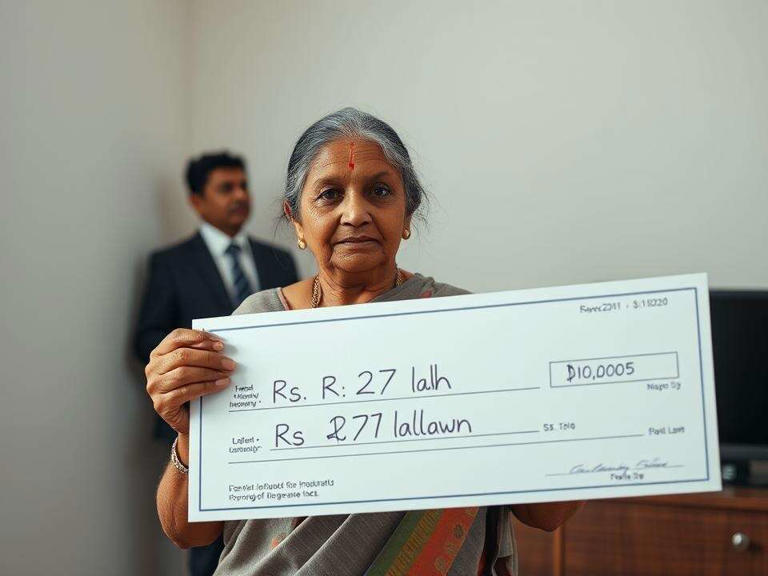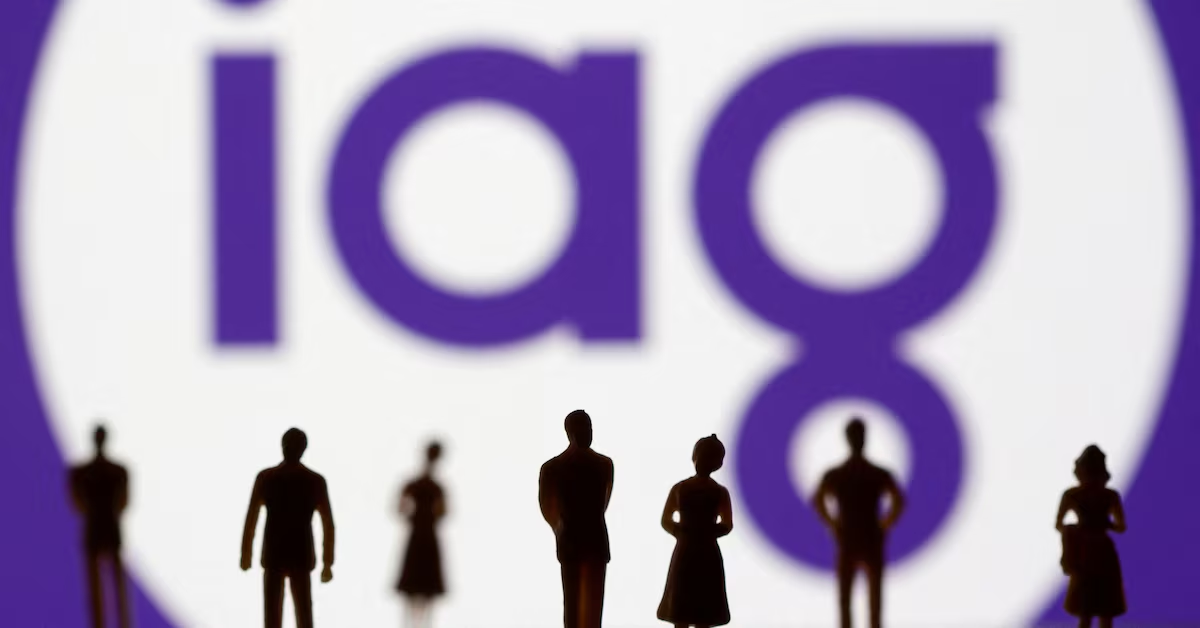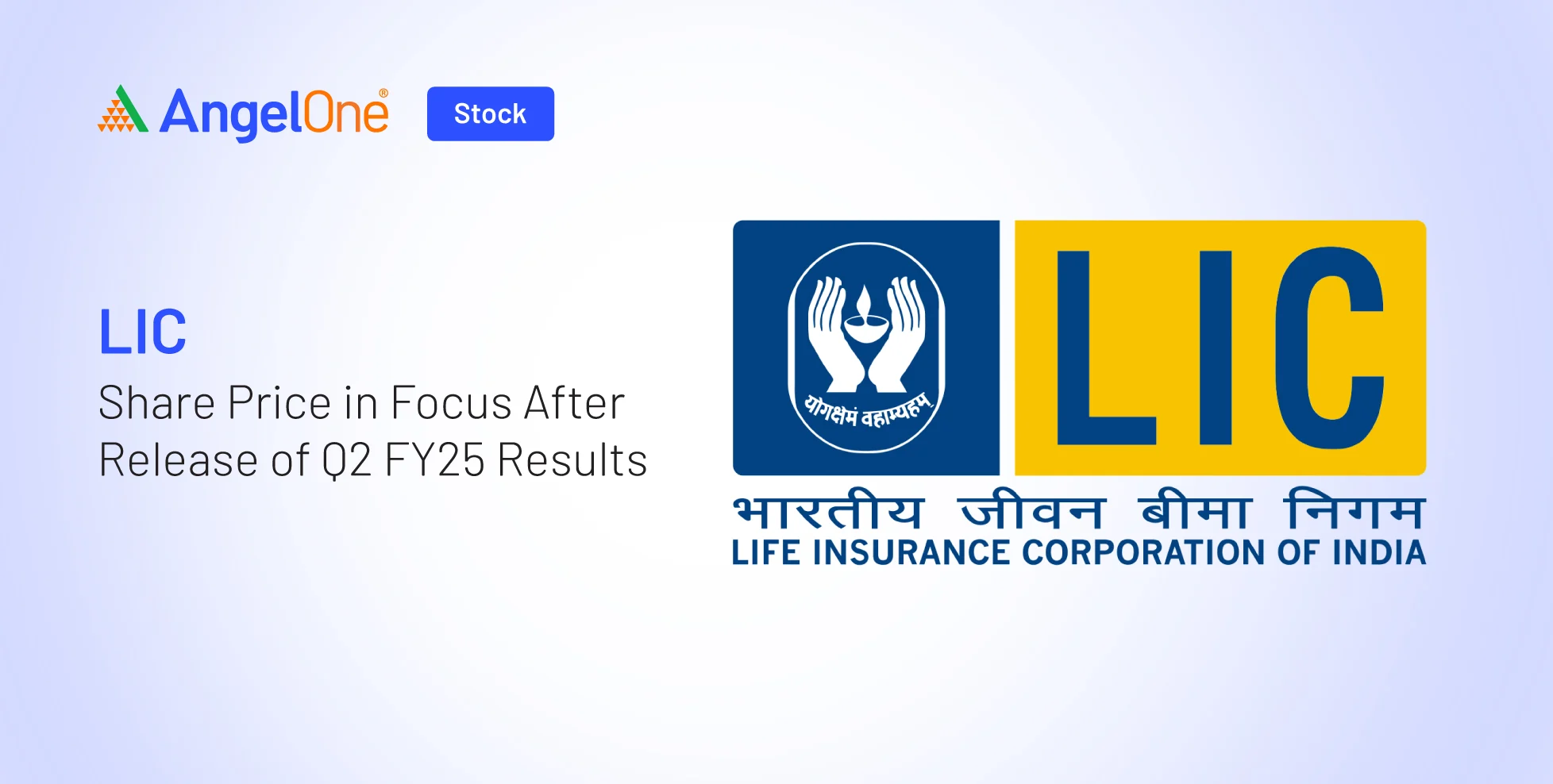Health Insurance Renewals Hit All-Time High in FY26: Health insurance renewals in India have reached their highest-ever persistency levels in FY26, according to a recent report — a clear sign that policyholders are viewing health insurance not just as a necessity but as a long-term financial asset. This surge in renewals is being fueled by a new wave of consumer-friendly modular plans that offer attractive cumulative bonuses, flexible features, and customizable riders tailored to diverse healthcare needs.
A major factor behind this growing trend is the rising prevalence of lifestyle diseases such as diabetes, hypertension, high cholesterol, asthma, obesity, and heart conditions. According to the latest Policybazaar report, there has been a 25% increase in the share of customers with lifestyle diseases in new health insurance business. As health risks continue to evolve, more customers are proactively renewing and upgrading their coverage to stay financially prepared for medical emergencies.
Drivers Behind Record-High Renewal Rates
1. Shift in Consumer Mindset Post-Pandemic
The COVID-19 pandemic fundamentally changed how people view healthcare and health insurance. Many who were previously indifferent now recognize the crucial role of medical coverage in protecting their financial well-being. This behavioral shift has directly translated into higher renewal rates and a stronger commitment to long-term coverage.
2. Growing Awareness About Lifestyle Diseases
With the sharp rise in lifestyle-related illnesses, policyholders are increasingly aware of their vulnerability and the need for continuous protection. As healthcare costs escalate, renewing an existing policy — often with enhanced features — has become a preferred strategy for long-term security.
3. Modular, Feature-Rich Products
The health insurance landscape has evolved rapidly over the past two years, introducing modular, customizable plans that cater to every age group, income segment, and pre-existing condition. These new-generation products focus on building long-term value, making policyholders more inclined to renew rather than switch or discontinue their plans.
Read about: A Shocking Insurance Fraud: Family Declares Man Dead to Cash In
Bonus Covers and Flexible Features Encourage Renewals
One of the standout features driving persistency is the new-age bonus cover, which allows policyholders to increase their coverage up to 10 times (or even unlimited) with only a 10–15% rise in premium. Crucially, these cumulative bonuses are added even if a claim is made during the policy term, significantly enhancing the plan’s value over time.
This has motivated many policyholders to stick with their existing plans and even upgrade within the same insurer rather than porting to a different provider. The enhanced value proposition — higher coverage, better features, and continuous benefits — is creating strong loyalty among consumers.

Demographic Insights: Who Is Renewing More?
- Customers aged 30 and above represent about 80% of the total consumer base and are the most consistent with policy renewals.
- Family floater plans show higher persistency than individual policies, as families seek comprehensive protection under one umbrella.
- Policies with a sum insured above ₹10 lakh record higher renewal rates compared to lower-coverage plans, highlighting a preference for more robust protection.
The Evolving Perception of Health Insurance
According to Jitin Jain, Head of Health Insurance at Policybazaar:
“Renewals are at an all-time high because customers are beginning to see health insurance less as an obligation and more as an asset that grows with them. Modular products with cumulative bonuses and flexible riders are giving them reasons to stay invested year after year. That behaviour tells us something important: Indians now value continuity in protection.”
This statement encapsulates the evolving mindset of Indian policyholders. Health insurance is no longer seen as a one-time financial product — it’s now perceived as a dynamic financial instrument that adapts to changing health needs and offers increasing value over time.
Also read: 2025 Tesla Model Y Review: Can the Juniper Facelift Revive the EV Giant’s Best-Seller?
Conclusion
The record-breaking persistency of health insurance renewals in FY26 reflects a profound shift in consumer behavior and market dynamics. Policyholders today are not only more aware of health risks but are also making strategic financial decisions to protect their families’ future. The rise of modular plans with cumulative bonuses, the growing threat of lifestyle diseases, and enhanced product flexibility have all contributed to this milestone.
As healthcare costs continue to soar and medical uncertainties remain high, long-term health insurance coverage is becoming a critical pillar of financial planning. The preference for renewing and upgrading existing policies shows that consumers now understand the benefits of continuity — including lower premiums, uninterrupted coverage, and enhanced bonuses.
In the coming years, this trend is expected to strengthen further, with insurers likely to introduce even more innovative, customer-centric products that build loyalty and add long-term value. For consumers, the message is clear: renewing your health insurance policy is no longer just a prudent choice — it’s a strategic one that ensures financial resilience, enhanced coverage, and peace of mind.
The era of “buy and forget” health insurance is over. Today’s policyholders are active participants in shaping their healthcare security — and record-high renewal rates are the clearest proof yet.






